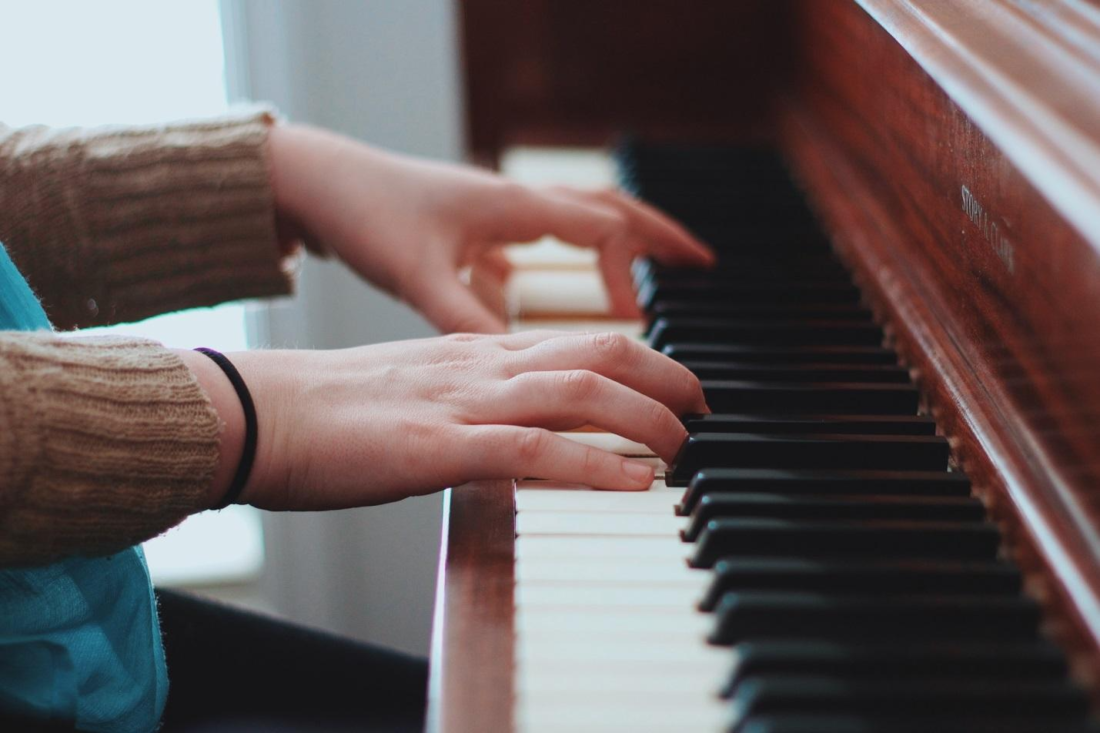
Learning to play the piano is an exciting and rewarding pursuit. However, many people start out with an enthusiasm that lasts for only a week or two. Then they lose momentum and give up.
If you can identify the common beginner piano mistakes, you’ll have a better chance of learning fast and experiencing the rewards sooner rather than later.
In this article, we’ll discuss common these mistakes and how to avoid them. Read on!
1. Overlooking Proper Posture
With the goal of creating a beautiful sound, it is essential to maintain the correct posture while playing pianos, ensuring the best practices recommended by experts from Gospel Pianos Sydney. When seated at the piano bench, make sure your back is straight, feet flat on the floor, and shoulders rolled back.
Keep your head up and your arms relaxed. If you are too close to the piano keys, you will muffle the sound. Practicing with proper posture will help you establish and maintain good playing habits.
2. Playing Too Fast
This happens when the beginner tries to speed up the playing of their pieces to make them sound better. However, this usually backfires and can make the music sound empty and rushed.
The best way to avoid this is by not playing faster than what you are comfortable with. Take your time and practice playing the piece at a slower speed to get more comfortable with it first.
3. Ignoring Written Tutorials
Written tutorials provide helpful guidance that’s often missed by beginners who rely solely on information and instruction received in person. Not following the tutorials can lead to confusion and frustration or missing out on important steps in learning.
To avoid this, start by reading through the tutorial several times before continuing. Make sure to note any tricky spots that require extra effort and practice. It is also best to consider looking for piano lessons that offer personalized training.
4. Not Implementing Proper Rhythm Techniques
Rhythm is crucial when playing the piano, as it helps make the music sound more complete and cohesive. Focus on trying to identify the rhythms as you play. Break down each piece into small sections and concentrate on counting out each measure as you go.
Take time to practice clapping or tapping the beat of the piece. This will help you become comfortable with the rhythms you are trying to play.
5. Overlooking Finger Exercises and Drills
Finger exercises and drills help improve piano technique and accuracy. Many students overlook this step due to the tedious nature of practicing over and over.
Use exercises such as chromatics, scales, octaves, and arpeggios. Muscular memory comes from the correct repetition of well-practiced hand movements, resulting in better command of the keyboard.
6. Not Utilizing the Metronome
An essential skill for any musician is staying on time, and the best tool for developing a sense of time when playing is using a metronome. Players are often shy to use it because it can sound monotonous or rigid. This mistake can result in sloppy playing with poor rhythms and out-of-sync timing.
Make sure to use the metronome as a guide, and as you improve, you can start turning it off during certain sections of the song. Use it to identify the pulse and then determine the tempo that bests fits the mood or style of the song.
Avoid These Beginner Piano Mistakes Today
When starting out on the piano, patience, practice, and focus are key to avoiding common beginner piano mistakes. With these tips in mind, you can begin to master the basics of piano technique and play the music that you love.
Go out and start playing today!
Visit our other blogs for more awesome content!



